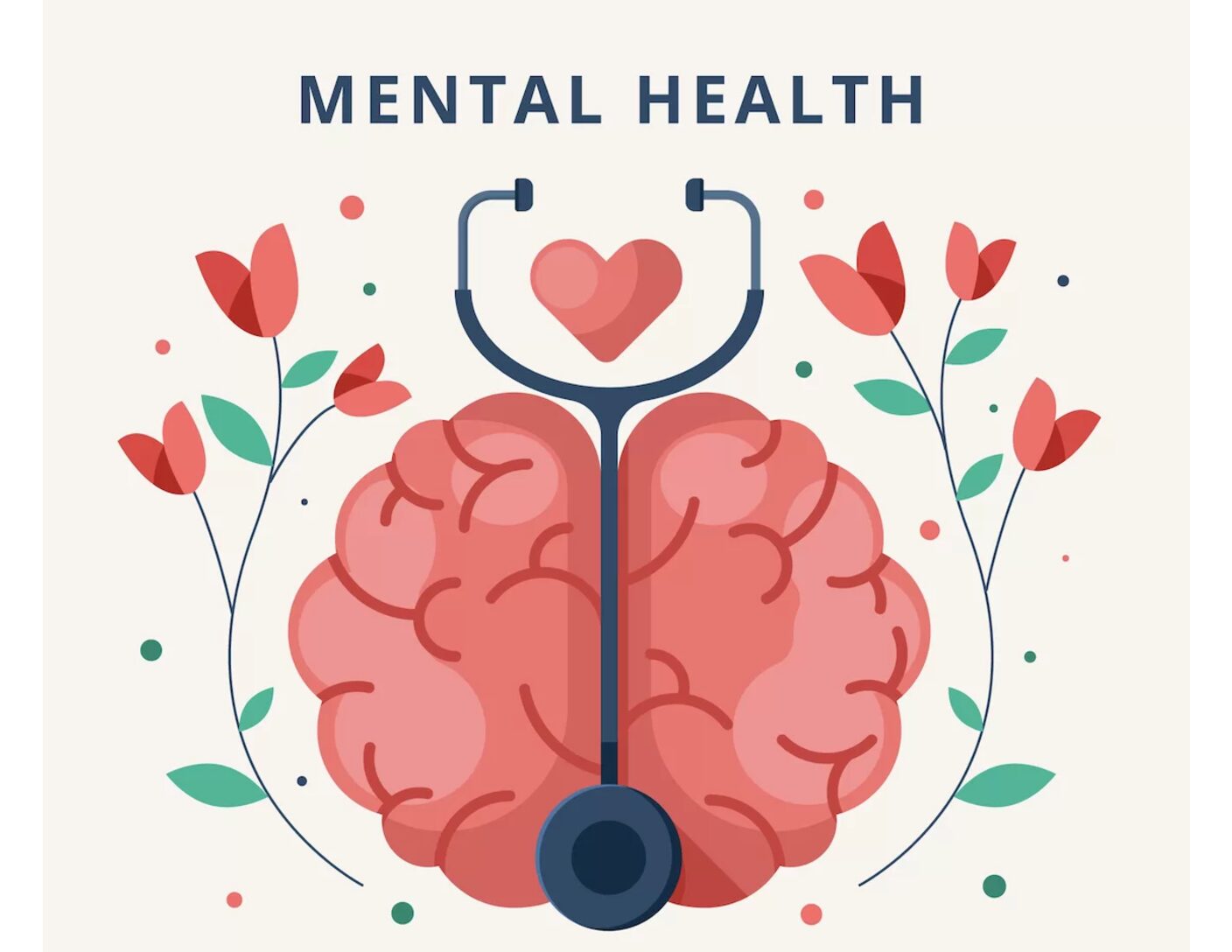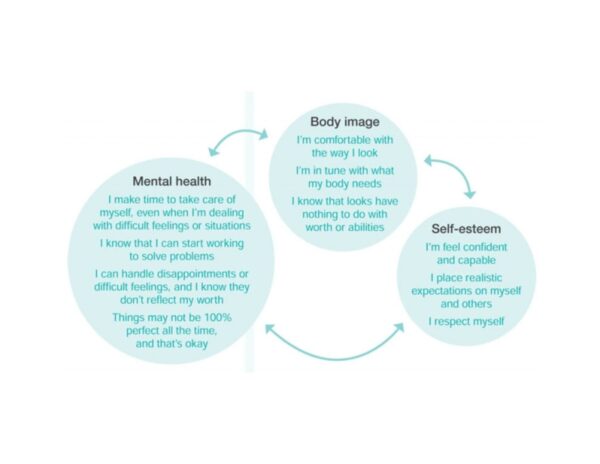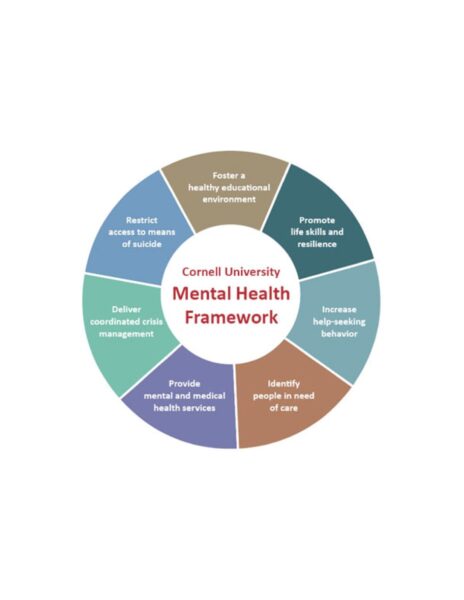Mental Health Awareness Day

On Saturday, 28, 2023, the half Hollow Hills district will host workshops that contribute to Mental Health Awareness Day. Starting at 9:30 a.m., the Half Hollow Hills Committee and REACH CYA will collaborate on presenting their first-ever Mental Health Awareness Day event at High School East.
Any students who want to explore or complete any workshops will receive community service hours; if their parents attend, they will receive twice the community service hours. REACH CYA and the Half Hollow Hills PTA encourages you to participate in the workshop event at High School East.
The definition of mental health is the physical, social, and emotional well-being of a person. The most associated topic contributing to mental health is self-esteem. Ranked from high to low, self-esteem varies depending on the person. Although self-esteem is closely linked to mental health, it is not a problem. Low self-esteem is just something that can lead up to someone having a mental health issue.
Like the definition, mental health also touches on how a person handles stress, makes healthy decisions, or relates with others. However, there is a vast difference between mental health and mental illness. A person with inadequate mental health can not be diagnosed with mental illness. A student said, “I think taking a mental health day is important because it would relieve any stress they are feeling. Also having a mental health day at school will help students open up about their problems and seek help” relating to if students should be able to take a mental health day is they are stressed.
The workshops do cover not only mental health but also anxiety, addiction, yoga, social media, cyberbullying, mindfulness, substance abuse, caregiver support, teenage stress, ADHD, etc. The definitions of the other topic being clarified during the Mental Health Awareness Day workshops are listed below.
- Anxiety– The state of being intensely worried or uneasy. It occurs during your everyday life and it can be treated.
- Addiction- When a person is attached to a substance, thing, or activity.
- Yoga– An activity that includes controlling your breathing, practicing meditation, and a good posture. It’s usually practice to gain health and relaxation.
- Social Media-Websites that help people share and create information on a platform.
- Cyber Bullying– Using electronics to bully or threaten a person.
- Mindfulness- The state of being conscious of someone or something.
- Substance Abuse- Excessively depending on addicting substances. The two main ones are alcohol and drugs.
- Caregiver Support- A person who helps someone with special needs complete daily activities.
- Teenage Stress- A response to events, external challenges, or pressure in teenagers.
- ADHD- Someone who has trouble focusing and/or hyperactivity impulsivity. (Short for Attention deficit hyperactivity disorder).
Someone who has a mental illness constantly goes through changes in their physical, mental, and social well-being. Every year on October 10th, Mental Health Day is acknowledged worldwide. In 1992, Richard Hunter, a deputy secretary general working for the World Federation for Mental Health (WFMH), thought of creating a day to raise awareness about mental problems. Although Mental Health Day is not a public holiday, people believe it is similar to a sick or personal day. So, if someone is having second thoughts about your mental state of being, you can call in and potentially get the day off. ” Taking a mental health day is considered a sick day especially if someone needs it. The only point where it is not is when taking a mental health day becomes a habit, according to Mrs. Saya, a staff member that works in the attendance office. For an explanation in further detail, this link by the CDC provides more information, https://www.cdc.gov/mentalhealth/learn/index.htm.

Worldwide, mental health disorders are the top reasons people have a disability. There is not only one way that you can get poor mental health. There could be many different factors that can cause someone to have poor mental health. Some factors that can contribute are childhood abuse, childhood neglect, childhood trauma, social isolation, discrimination, social disadvantage, losing someone close to you, serve stress, a long-term physical health issue, unemployment, homelessness, being in a long time carer, alcohol misuse/drug misuse, domestic violence experienced as an adult, significant trauma as an adult, or physical causes. Some more information about the factors of mental health can be found in this link below, https://www.hopkinsmedicine.org/health/wellness-and-prevention/mental-health-disorder-statistics.
As time passes, mental health can vary in a person. For the most part, it can change based on the factors surrounding the person. Although there is no way to cure someone’s mental health correctly, there are activities you can do to help eliminate it. Firstly, if you have any doubts about your mental health, then it is recommended you contact your primary doctor for assistance. If you have already got a doctor, here are some other things you can do in addition to your doctor’s orders. One of the first things that you can do is value yourself. You should treat yourself kindly or tell small affirmations to yourself every day when you wake up. Second on the list is taking care of your physical body. That means that you should drink enough water daily or get enough sleep at night. The following two steps are to surround yourself with beneficial people and participate in acts of kindness. It does not have to be something big; it can be as small as holding the door for someone in need. One recurring subject is trying to handle your stress. Stress contributes to a big part of your mental health, and if you do not get it contained, it can bring down your mental health even more. One of the most challenging activities you can attempt is to quiet your mind. Since someone’s mind is constantly thinking of something, easing your mind can improve your state of mind. You should set realistic goals for yourself, avoid alcohol or drugs, and get assistance when a person needs it. Lastly, it would be best if you stopped being monetary. You can get more information about this topic by using the University of Michigan link, https://uhs.umich.edu/tenthings.






